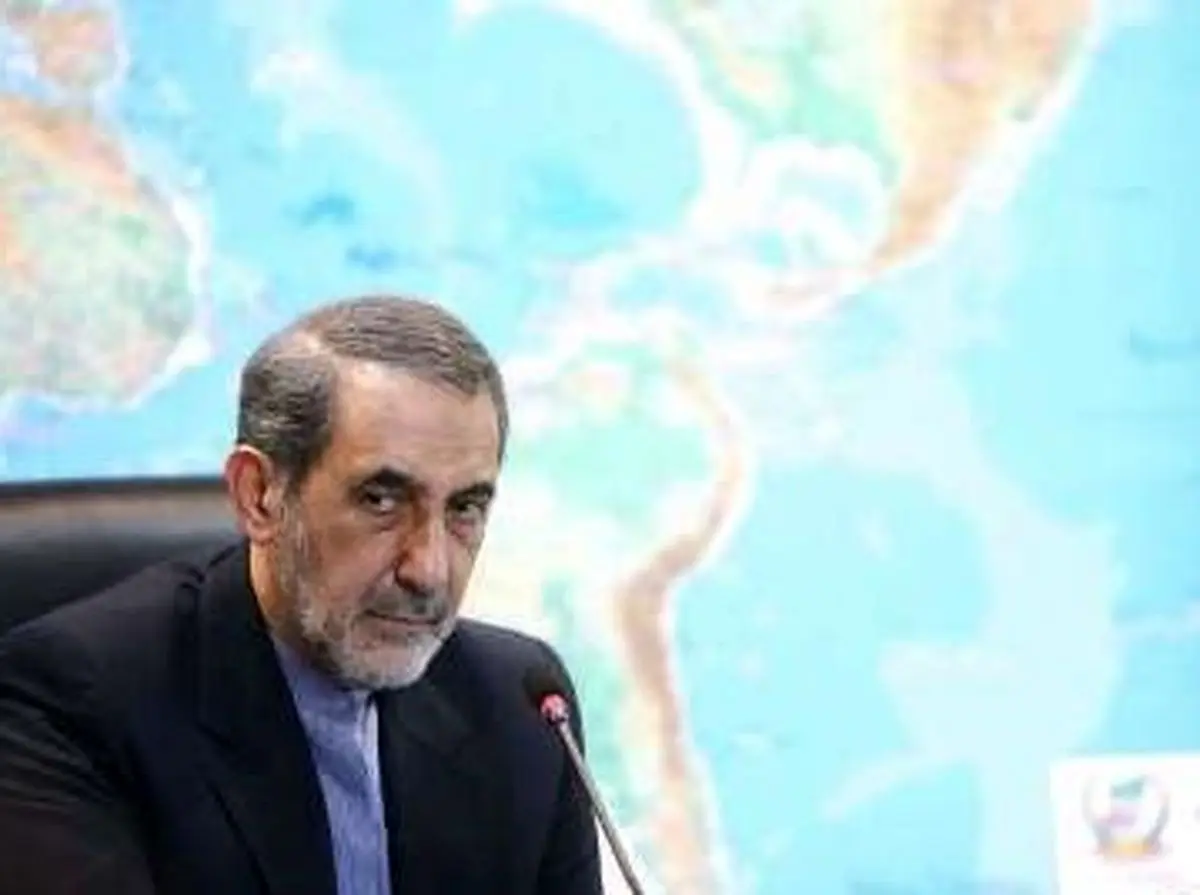US to regret Trump's 'foolish' embassy decision: Velayati

US President Donald Trump's "foolish" move to recognize Jerusalem al-Quds as the Israeli capital has dealt "the last blow" to the American "political life" in the Islamic world, says a senior Iranian official.
In a statement delivered at the closing ceremony of the 31st International Islamic Unity Conference in Tehran on Thursday night, Ali Akbar Velayati, an adviser to Leader of the Islamic Revolution Ayatollah Seyyed Ali Khamenei, said the US would regret Trump's "foolish" decision to move its embassy from Tel Aviv to Jerusalem al-Quds -- Islam's third holiest city."Trump must beware that this move is the last blow to the US political life in the Islamic world and Western Asia, and it will not be long before the American establishment regrets it. Because it would ignite the wrath of over one-and-a-half billion Muslims," read part of the statement.
Since the US Congress ruled in 1995 that the embassy be relocated from Tel Aviv, every president has deferred the troublesome measure by signing a six-month waiver included in the bill.
Trump signed his own first waiver in June, drawing fire from Israel by backtracking on one of his key campaign promises.
On Wednesday, however, the 45th US president ordered the relocation work to begin, asking other countries to follow in his footsteps.
Noting that none of Trump's predecessors had the courage to make the move, Velayati said Trump's move had made Palestine the first priority of the Islamic world, especially in the aftermath of the Daesh terror group's defeat.
"All of the plots, sedition and warmongering against the Islamic world are, from a certain point of view, aimed at marginalizing the issue of Palestine," he said.
"Today, Daesh no longer exists," Velayati added, noting that Islamic nations had overcome the "bloodiest" and the "most unprecedented" Israeli-US plot to date.
The "rapacious, imprudent and aggressive" American head of state was mad over the fall of Daesh, Velayati said.
The move by Trump received negative reaction from almost all of Washington's allies, namely the European Union, the UK, Germany and France.
Even Saudi Arabia and Egypt, two of America's closest allies in the region, could not hide their opposition.
END
